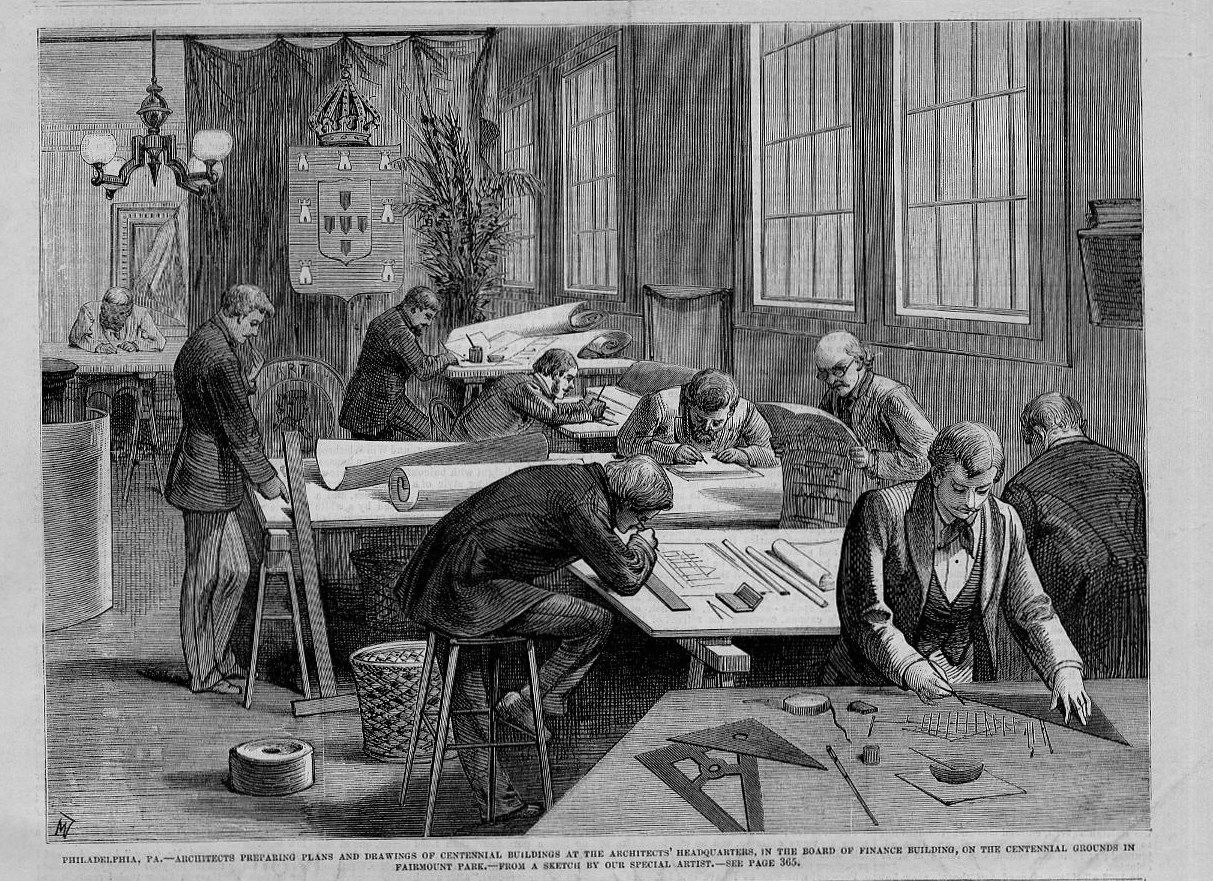We preach that pre construction services are critical to any construction project and go well beyond just estimating what a project could cost. They include a lot of things, from understanding initial customer requirements to plans, schedules, studies, permitting, land acquisition, value engineering, and more.
Let’s take a look at several different component of pre construction services.
- Meetings and Follow-ups
- The contractor or consulting or design team will go over the owners’ objectives and initial requirements. . In this initial ideation and data gathering phase, the contractor will learn the owner’s goals for the project as well as their prospective budgets. The contractor and owners will meet several times during the pre-construction process to stay synchronized and up-to-date on progress and allow for (multiple?) changes to be made.
- Much of the topics discussed at prescheduled meetings will be the result of what the team prepares and plan through the other pre construction components.
- Project Evaluation
- The pre-construction process generally starts with an overall project evaluation. This evaluation will emerge from the initial conversations between owner and contractor and will give the big picture elements of the project. This preliminary project evaluation lays the foundation for multiple pre construction services as well as the actual construction.
- In this phase, basic floor plans will be drawn, simplifying production process flows.
- Schematic Design
- Another pre construction component, which we recommend to carry out during an initial evaluation, is to create a schematic designs and concepts for the project. These designs will give the building owner their first visual on what the project may look like at completion, knowing that multiple iterations will be completed until reaching final design.
- Budget Estimates
- Estimating budgets for a construction project requires extensive project planning. Multiple components come in place: material costs, equipment requirements, subcontractors needs, and of course contractor costs, margins, and profits.
- Contractors will also need to anticipate costs of potential issues and unknowns, as well as evaluating any opportunities for potential savings. Finding cost saving alternatives is one of the most important benefits of pre-construction process.
- Materials & Equipment Selection
- Another pre construction component is the choice of equipment and materials for the construction project. This selection starts first with the building constraints and local requirements that will be used and the necessary equipment required to complete the work. The materials may lead to savings opportunities if procurement is done properly.
- Value Engineering
- During this pre construction part of the process, the contractor will need to determine if the scope of work can fit within the owner’s budget. The contractor will look for alternate and different areas where there are opportunities for cost savings.
- Site Analysis
- Construction site visits are required to better assess project feasibility. From accessibility to technical and legal requirements, project planners must identify and predict potential issues or budget-impacting items. Various topics and attributes to consider include: building location, city requirements, landscaping, traffic impact, handicap access, electric vehicle charger’s installation. But also, foundation, framing, carpentry, drywall and painting needs for the construction site.
- Permits and Approvals
- Ensuring plan checks by building departments, fire assessors, and all city planning departments is mandatory for many construction sites. Some approvals and/or permits might actually also be necessary during the pre-construction phase, not during actual construction.
- There may be additional permits required with utility or local providers, and additional permits may be necessary for certain jobs. This will include getting the required building permits and site plan approvals.
- Design Documents Review
- Design documents include a lot of information for the owner, contractor, city officials and specifications pertaining to the job site: materials, systems and product delivery. These documents must be reviewed and approved by all parties.
- Preliminary Schedule
- Another important deliverable of pre-construction information is to create an initial schedule. This preliminary schedule should list key milestones and schedule phases in the entire project, from beginning to end. All design and construction activities must be outlined with start times and approval milestones. The project sequencing plan will be written down, and any subcontractor or owner input and comments be given to defining an approved schedule.
- Final Budget
- Most owners will likely have budgets already in mind when starting the preconstruction phase of a project. But actual analysis will be required to reach the actual project budget.
- Safety Considerations
- Preconstruction services should always include a strong emphasis on safety. Beyond adhering to city, local, state, and federal regulations, anyone accessing or willing to access a construction site must be kept safe. A safety plan should be created generally and specifically for the uniqueness of a construction site. For example, traffic control when installing an EV charger.
Summary
Pre construction services are greatly beneficial to all parties. They give contractors and plan or building owners the opportunity to plan, review and evaluate the entire project and create a customized plan that should include all aspects of the construction needs. Preconstruction is a major cost-saving opportunity that will allow a construction project to remain in budget.

